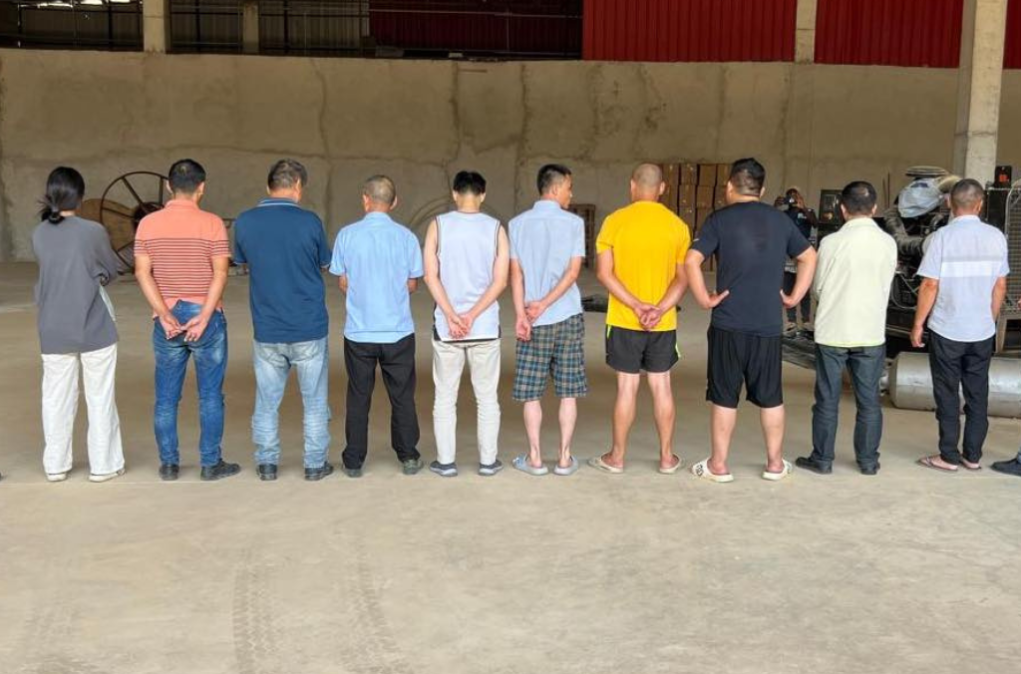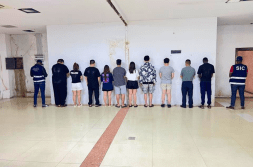Interpol-led crackdown disrupts cybercrime networks in Africa that caused $485 million in losses

A globally coordinated operation involving support from 18 countries in Africa, the United Kingdom and nine security organizations resulted in the arrest of 1,209 alleged cybercriminals, Interpol said Friday.
Authorities said they recovered $97.4 million and dismantled 11,432 pieces of malicious infrastructure between June and August. Financial losses attributed to the crimes allegedly committed by people involved in this widespread string of ransomware, online scams and business email compromise neared $485 million, officials said.
Operation Serengeti 2.0 identified 87,858 victims from multiple criminal syndicates and operations spanning Africa. Authorities in Zambia took down an online investment fraud scheme that impacted at least 65,000 victims who lost an estimated $300 million combined.
In Angola, authorities dismantled 25 cryptocurrency mining centers where 60 Chinese nationals were allegedly validating blockchain transactions to generate cryptocurrency. Officials said they confiscated 45 illegal power stations, mining and IT equipment valued at more than $37 million, which the government has earmarked to support power distribution in vulnerable areas.
TRM Labs, one of the private organizations that supported the crackdown, shared details about ransomware-related operations impacted by the law enforcement action.
“In Ghana, investigators pursued leads tied to the Bl00dy ransomware group, a Conti spin-off that has targeted education, healthcare, and public sector victims. Analysis suggested elements of Bl00dy’s laundering infrastructure were active in the country,” the company said in a LinkedIn post.
Investigators in Seychelles acted on intelligence connected to RansomHub, broadening the range of targets and dismantling additional infrastructure, TRM Labs added.
Interpol said Operation Serengeti 2.0 also disrupted a suspected human trafficking network in Zambia and a transnational inheritance scam in Côte d’Ivoire that caused about $1.6 million in losses.
“Each Interpol-coordinated operation builds on the last, deepening cooperation, increasing information sharing and developing investigative skills across member countries,” Valdecy Urquiza, secretary general of Interpol, said in a statement. “With more contributions and shared expertise, the results keep growing in scale and impact. This global network is stronger than ever, delivering real outcomes and safeguarding victims.”
Countries involved in the crackdown include: Angola, Benin, Cameroon, Chad, Côte d’Ivoire, Democratic Republic of Congo, Gabon, Ghana, Kenya, Mauritius, Nigeria, Rwanda, Senegal, South Africa, Seychelles, Tanzania, United Kingdom, Zambia and Zimbabwe.
Cybercrime Atlas, Fortinet, Group-IB, Kaspersky, The Shadowserver Foundation, Team Cymru, Trend Micro and Uppsala Security also aided the investigation.





